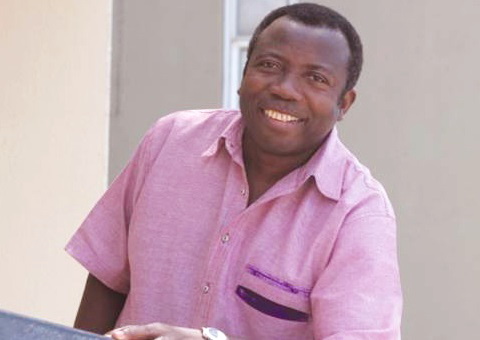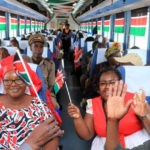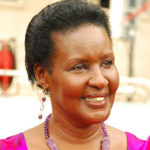Ugandan scientists are among those to benefit from a new sub-Saharan Africa Shs92.5 billion (£25 million) grant scheme, ‘Future Leaders – African Independent Researchers (FLAIR) Fellowships’.
The scheme which opened days ago offers talented African early career researchers who have the potential to become leaders in their field, the opportunity to develop an independent research career in a sub-Saharan African institution.
The programme is being run in partnership with the African Academy of Sciences (AAS) and the Royal Society, with support from the UK’s Global Challenges Research Fund.
The other aims of the FLAIR fellowship programme are; enabling African researchers to address areas of global significance across the natural sciences through high-quality research, advancing knowledge and innovation which aims to benefit their country and address aspects of the Sustainable Development Goals.
The awards will contribute towards institutional research capacity strengthening and establishing good financial grants practice in African universities and research institutions but also establish mutually beneficial long-term links between African Fellows and UK researchers to harness the expertise of the UK research base through equitable partnerships and enhancing knowledge exchange and translation into sustainable policy and practical benefits.
Speaking at the opening of the grant applications, Professor Richard Catlow, Foreign Secretary of the Royal Society said: “We are delighted to have joined in partnership with the African Academy of Sciences, and are looking forward to working together with support from the Global Challenges Research Fund, to launch the FLAIR Fellowships.”
He said FLAIR will help to establish the next generation of leading African scientists who are able to forge independent paths in research, whilst addressing the global challenges that are directly relevant to their countries and developing countries more broadly.
He said FLAIR also provides an opportunity for the future leading scientists to tap into the network of scientific excellence that both the Academies’ represent, to take advantage of training and mentoring opportunities, as well as building lasting connections and international collaborations with peers across Africa and UK scientists.”
On his part, Prof. Felix Dapare Dakora, AAS President said: “The AAS sees postdoctoral training as a critical stepping-stone to a successful research career and to promote globally competitive research in African universities and research institutions.”
He said ASS’s partnership with the Royal Society will enable it to address critical gaps in the continent’s research capacity to ensure thriving ecosystems and “catalyse science-driven enterprises as well as to help African scientists to develop their careers and to support them to provide solutions to improve the quality of lives for all Africans.”
Each fellowship will receive up to Shs750 million (£150,000) per year, for two years initially, to include funding for research fellow’s salary, research expenses, equipment, training, travel and subsistence and institutional overhead.
In addition the scheme will provide a wider programme of support to develop fellows as independent research leaders including training and mentoring, and opportunities to network and develop international collaborations.
Among other conditions to fulfill, the applicant must be an early career researcher with no more than 10 years of research experience since their PhD by the closing date of the round and must hold the fellowship in a research institution in a sub-Saharan African country.
Eligible countries include: Angola, Benin, Botswana, Burkina Faso, Burundi, Cameroon, Cape Verde, Central African Republic, Chad, Comoros, Republic of the Congo, Democratic Republic of the Congo, Cote d’Ivoire, Djibouti, Equatorial Guinea, Eritrea, Ethiopia and Gabon.
The others are; The Gambia, Ghana, Guinea, Guinea-Bissau, Kenya, Liberia, Madagascar, Malawi, Mali, Mauritania, Mauritius, Mozambique, Namibia, Niger, Nigeria, Rwanda, Sao Tome and Principe, Senegal, Seychelles, Sierra Leone, Somalia, South Africa, South Sudan, Sudan, Swaziland, Tanzania, Togo, Uganda, Zambia and Zimbabwe.








